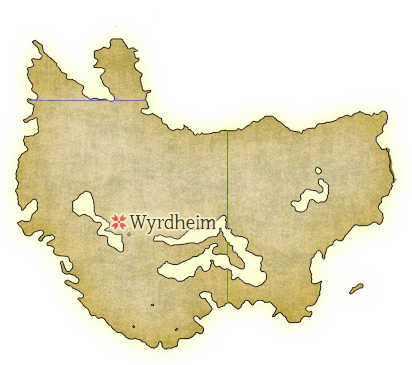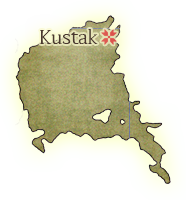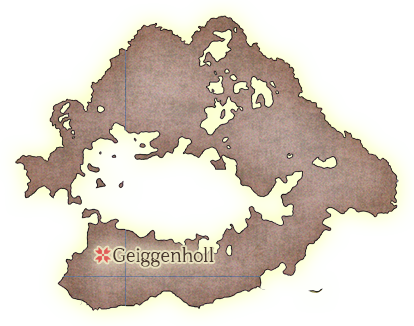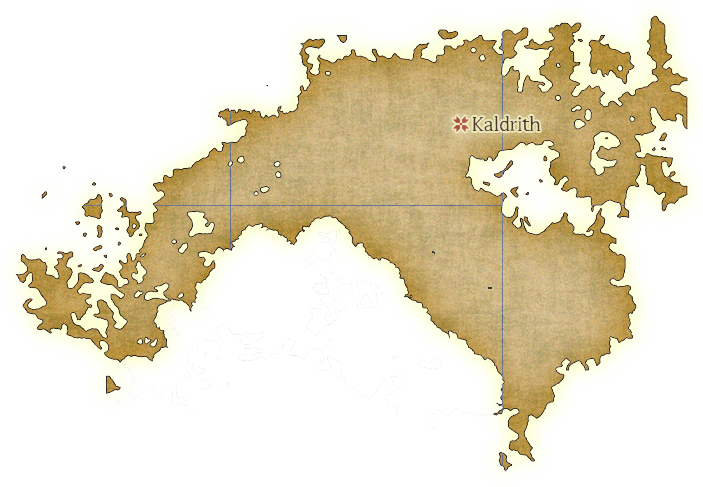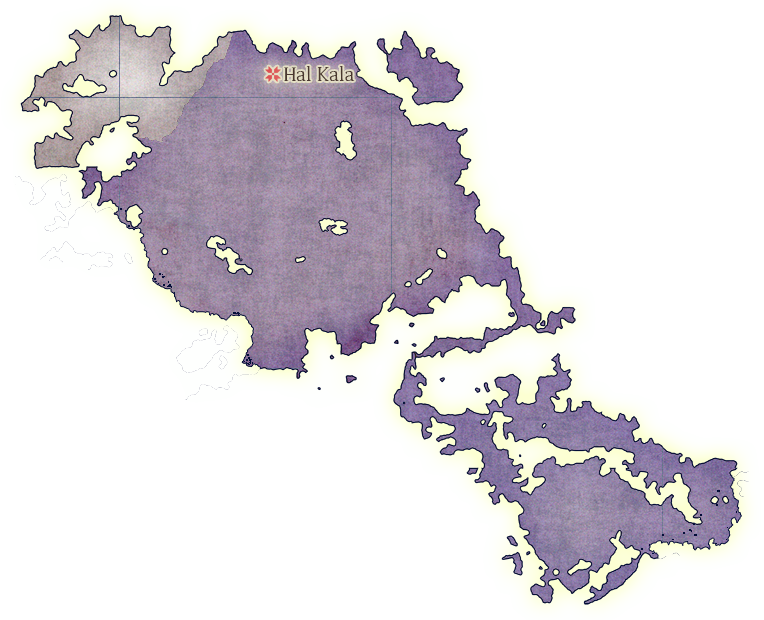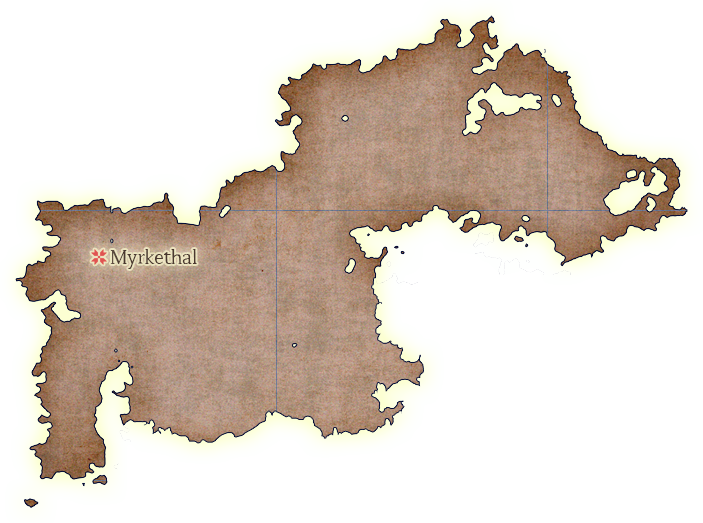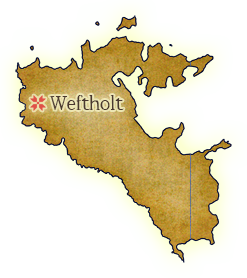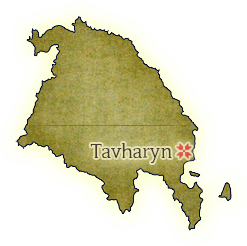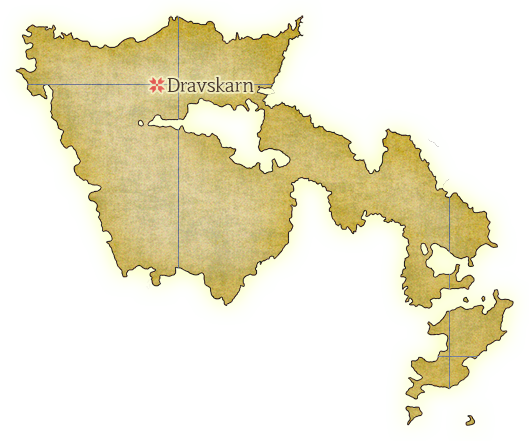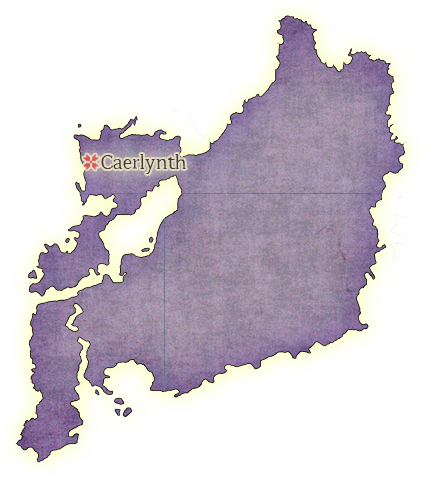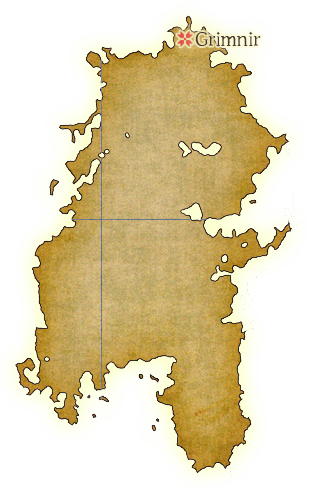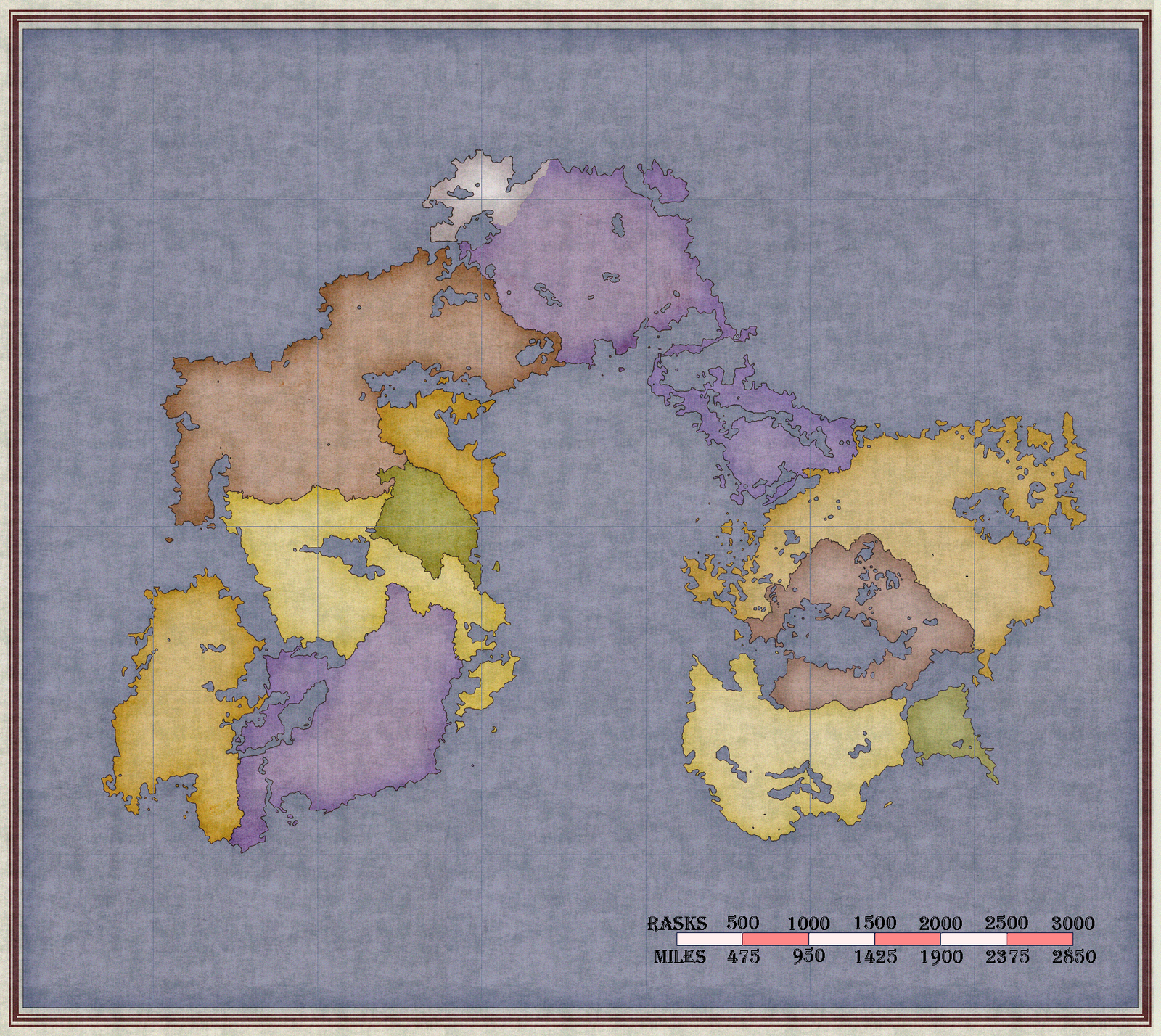
About Illvyrka
Once a vast and fertile land, much of Illvyrka's former territory is now claimed by the Voluspans. What remains is a harsh stretch of badlands, desert, and scattered grasslands. Most Illvyrkans live near the western border or along the coasts, where the land is still marginally hospitable. The interior is unforgiving, often home to outcasts and criminals. What survives of Illvyrka clings fiercely to its former glory, shaped by a deep-rooted hatred for its conquerors.
About Wölsung
A coastal nation, Wölsung thrives on its fishing industry and maritime traditions. With countless ports lining both its inland sea and outer coast, its people are seasoned sailors, shipwrights, and traders. Long-standing religious and cultural ties bind Wölsung closely to Voluspa.
About Reidgot
Once a mighty empire that spanned nearly three-quarters of Skagenfar, Reidgot collapsed after decades of civil war. It now serves as a protectorate of the Fyrisian Federation. Though diminished, it remains culturally significant and militarily vital, supplying many of the Federation’s troops. Many of its magical bloodlines left long ago for Fyrisia, where they were absorbed into the noble class.
About Domar
A quiet land of rolling pastures, Domar is known for its hardy Kuras, animals prized for their wool and meat. While politically neutral, it maintains close trade relations with the Fyrisian Federation.
About Sindari
After the fall of its former rulers, Sindari rebuilt. Not by raising armies, but through trade. Today, Sindari braenwood, isk-linen, and chainleaf ink are among the most prized commodities in the world. These exports sustain its economy while its borders remain carefully guarded.
About Beowa
Once part of the crumbling Reidgot Empire, Beowa emerged with a strong distrust of centralized power. While Dravskarn serves as the official capital, governance is minimal and largely symbolic. Local councils and clan alliances guide most of Beowan life, with personal autonomy holding more sway than law.
About Nøkk
Once a patchwork of scattered clans, Nøkk unified in response to a failed colonization attempt by the old Reidgot Empire and emerged with a strong sense of cultural identity. Though rarely involved in international affairs, it remains a proud and self-reliant nation.
About Wuotan
According to legend, both Wuotan and its capital, Grimnir, are named for an ancient father who led their people from distant lands across the roots of a great tree. Though mythic in tone, the tale remains a cornerstone of national identity. Today, Wuotan is proud, reserved, and steeped in tradition.
